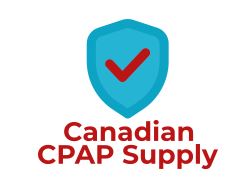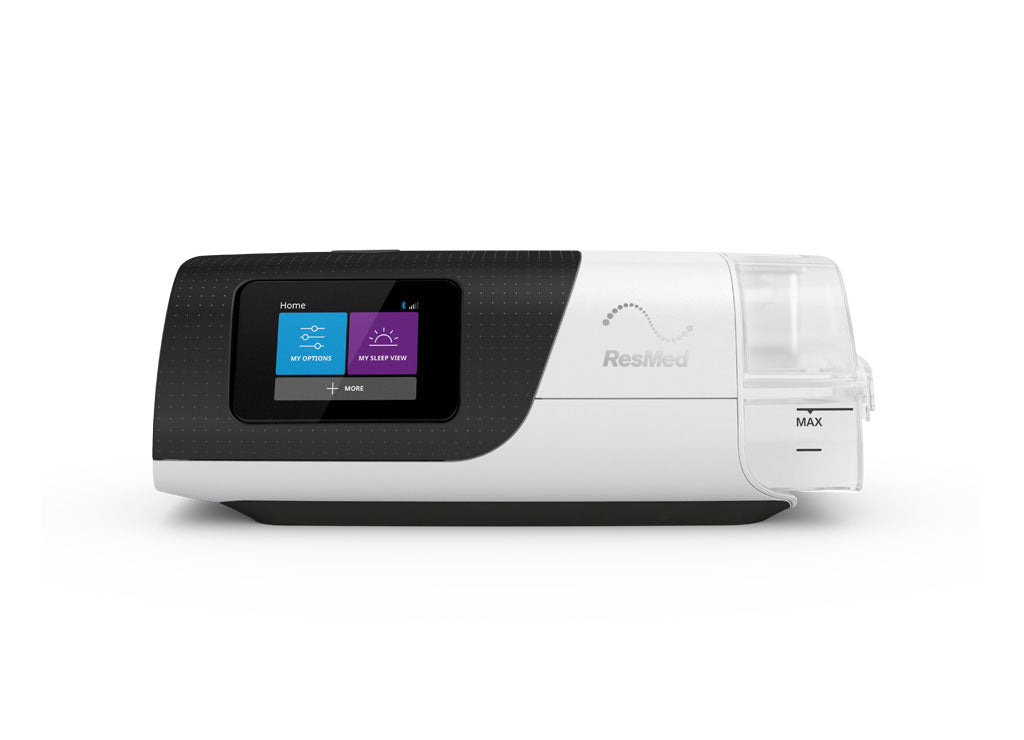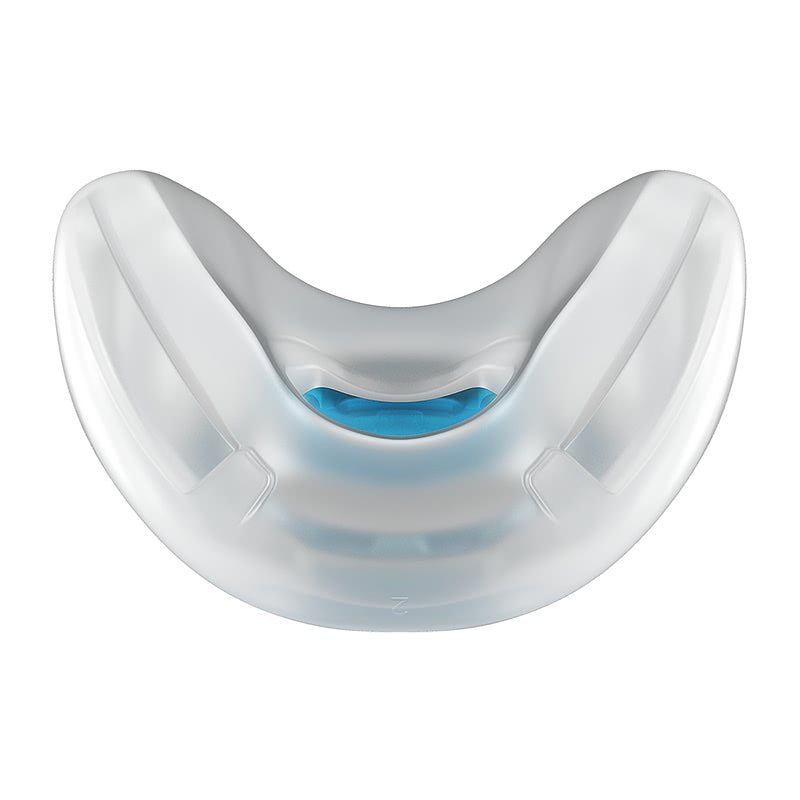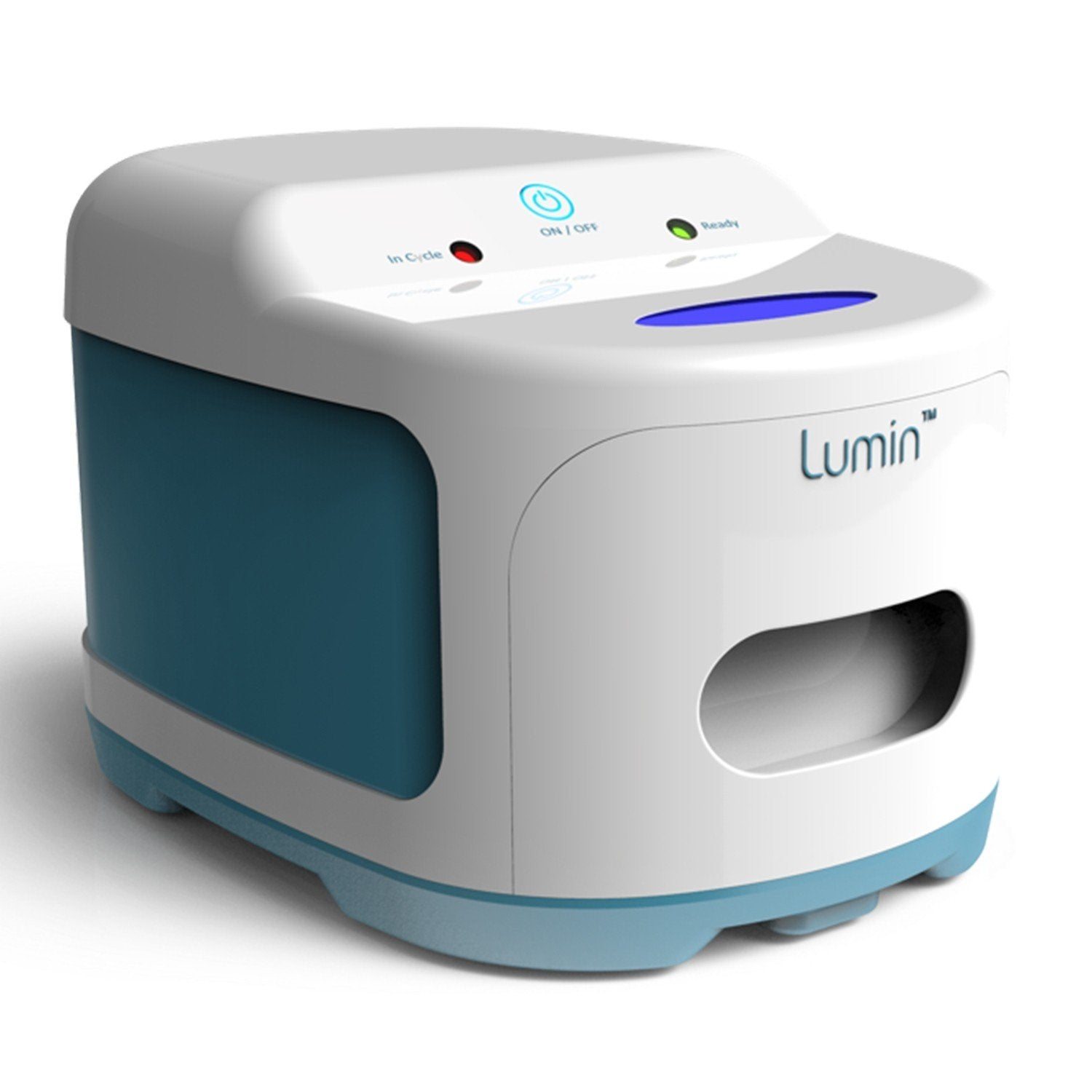
Sleep Apnea: The Silent Killer You Need to Know About - Learn How to Protect Yourself
Share
Sleep apnea is a common sleep disorder that affects millions of people worldwide. However, despite its prevalence, many individuals are not aware of the dangers of sleep apnea and fail to recognize the signs and symptoms. This lack of knowledge can lead to serious consequences, including a greater risk of heart disease, stroke, and other health issues. In this blog, we will discuss what sleep apnea is, its symptoms, and how to protect yourself.
What is Sleep Apnea?
Sleep apnea is a sleep disorder characterized by interruptions in breathing during sleep. These interruptions, known as apneas, occur when the upper airway becomes blocked, preventing air from flowing into the lungs. This blockage can occur due to a variety of reasons, including the relaxation of the muscles in the throat or the presence of excess tissue in the airway.
The most common type of sleep apnea is called obstructive sleep apnea (OSA). OSA occurs when the throat muscles relax, causing the airway to narrow or close completely. Central sleep apnea (CSA) is less common and occurs when the brain fails to send the proper signals to the muscles that control breathing.
What are the Symptoms of Sleep Apnea?
The symptoms of sleep apnea can vary from person to person, but some of the most common signs include:
- Loud snoring
- Gasping or choking during sleep
- Pauses in breathing during sleep
- Restless sleep
- Excessive daytime sleepiness
- Morning headaches
- Mood swings and irritability
- Difficulty concentrating or remembering things
If you or a loved one is experiencing any of these symptoms, it is important to speak with a healthcare professional.
How to Protect Yourself from Sleep Apnea
If you suspect you have sleep apnea, it is essential to speak with a healthcare professional as soon as possible. A proper diagnosis and treatment plan can significantly improve your quality of life and help prevent serious health complications.
Here are some steps you can take to protect yourself from sleep apnea:
- Maintain a healthy lifestyle
Lifestyle factors such as obesity, smoking, and alcohol consumption can increase your risk of developing sleep apnea. Maintaining a healthy weight, avoiding smoking, and limiting alcohol consumption can help reduce your risk.
- Sleep on your side
Sleeping on your back can increase the likelihood of airway obstruction, leading to sleep apnea. Sleeping on your side can help reduce this risk.
- Use a Continuous Positive Airway Pressure (CPAP) machine
A CPAP machine delivers a steady stream of air pressure through a mask, helping to keep the airway open during sleep. This treatment is effective for many individuals with sleep apnea and can significantly improve their quality of life.
- Consider Oral Appliances
In some cases, a dental appliance may be an effective treatment option. These appliances work by repositioning the jaw and tongue to help keep the airway open during sleep.
In conclusion, sleep apnea is a common and potentially serious sleep disorder that can have significant health consequences. If you or a loved one is experiencing any symptoms of sleep apnea, it is important to speak with a healthcare professional as soon as possible. By taking steps to protect yourself, you can improve your quality of life and reduce your risk of developing serious health complications.




